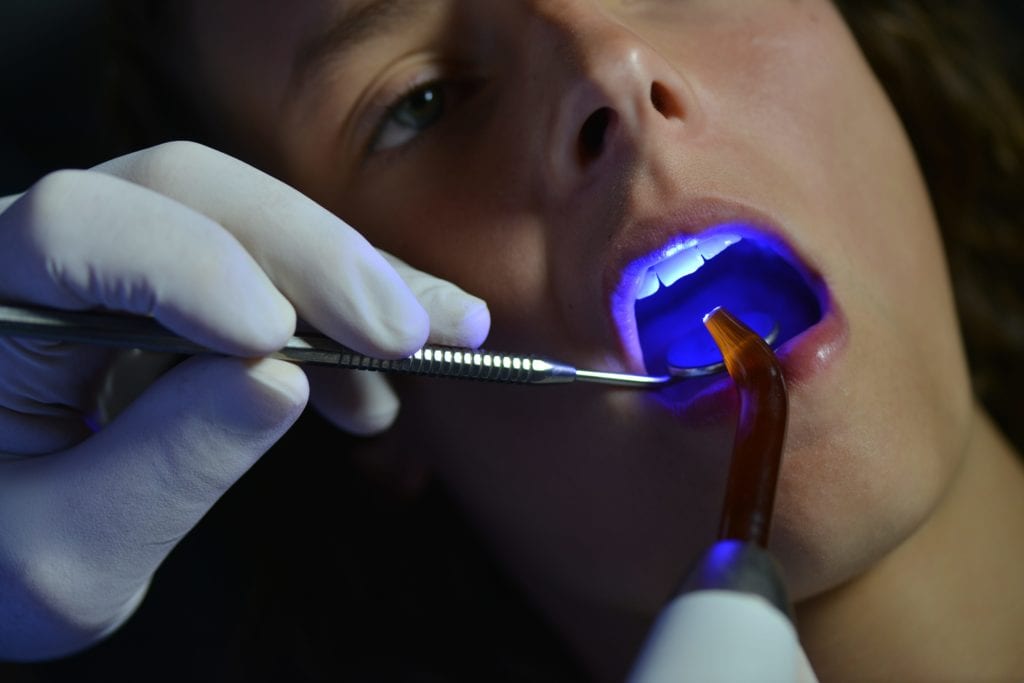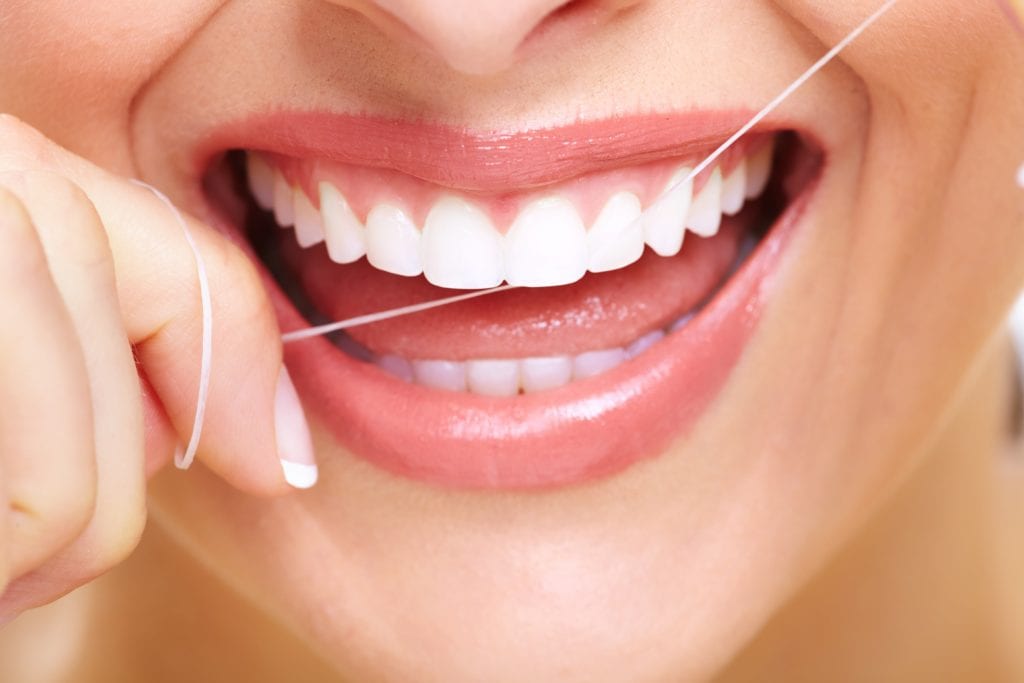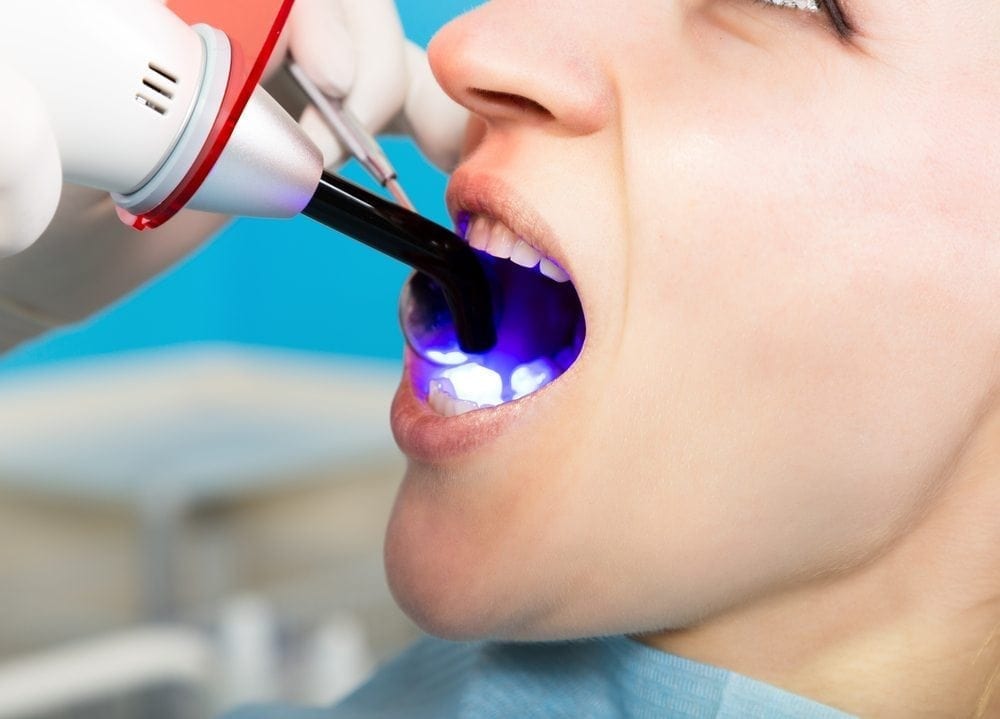Dental bonding, also known as composite bonding or cosmetic bonding, is a minimally-invasive cosmetic dental procedure used to improve the appearance of teeth. However, in place of costly cosmetic restorations, tooth-colored resin is simply bonded to the external surface of the tooth to improve spacing, shape, and color. With dental bonding, it has never been easier and more affordable to get the perfect smile.
Did You Know?
Dental bonding procedures use a tooth-colored dental material known as composite resin. Composite resin is valued for its ability to bond to the enamel while maintaining a natural appearance. It is also a common dental material used for dental fillings.
Frequently Asked Questions:
Am I a candidate for dental bonding?
You may be a candidate for dental bonding if your smile has minor cosmetic imperfections and you are not willing to undergo more invasive cosmetic dental procedures. Dental bonding provides a less-invasive option and can be used to treat:
- Chipped or cracked teeth
- Stained or discolored teeth
- Gaps between the teeth
- Oddly shaped teeth
To find out if you are an ideal candidate for dental bonding, schedule a consultation with your Hemet dentist today!
What can I expect during my dental bonding procedure?

Dental bonding procedures are quick and can usually be completed in a single dental appointment. You can first expect to have your teeth thoroughly cleaned to ensure that no bacteria is being trapped on the tooth surface. An acidic solution will then be brushed onto your tooth surface to etch the enamel and help the resin stick better. The composite resin will then be applied to the surface of the tooth. Since the resin is soft when applied, it will need to be hardened in place with a special curing light. If more than one layer is needed, each layer will need to be hardened separately. The final layer will then be shaped and polished so that it matches the surrounding tooth structure.
Will I need to follow any special guidelines after my dental bonding procedure?
After your dental bonding procedure, it is recommended that you avoid drinking highly pigmented beverages like tea, coffee, or wine for the first 48 hours following your procedure. This is because composite resin is not stain resistant and is more susceptible to stains when first applied.
How long does dental bonding last?

Dental bonding generally lasts about 5-7 years, but it has been known to last up to 10 years with the proper maintenance. To care for your teeth after dental bonding, you will want to prevent additional damage by avoiding things like chewing on ice, biting your nails, open packages with your teeth, and grinding or clenching your teeth. Avoiding these behaviors decreases the risk of damage and prolongs the lifespan of your dental bonding.
As mentioned before, composite resin is not stain resistant. Therefore another important way to preserve the results of your dental bonding procedure is to practice good oral hygiene. In addition to your usual twice-daily brushing and once a day flossing routine, you may also want to add brushings after consuming highly pigmented foods or beverages. This will prevent the colored pigments from staining your teeth and the composite resin. Finally, regular teeth cleaning every six months will also help to prevent staining and keep your teeth in good shape.


Recent Comments